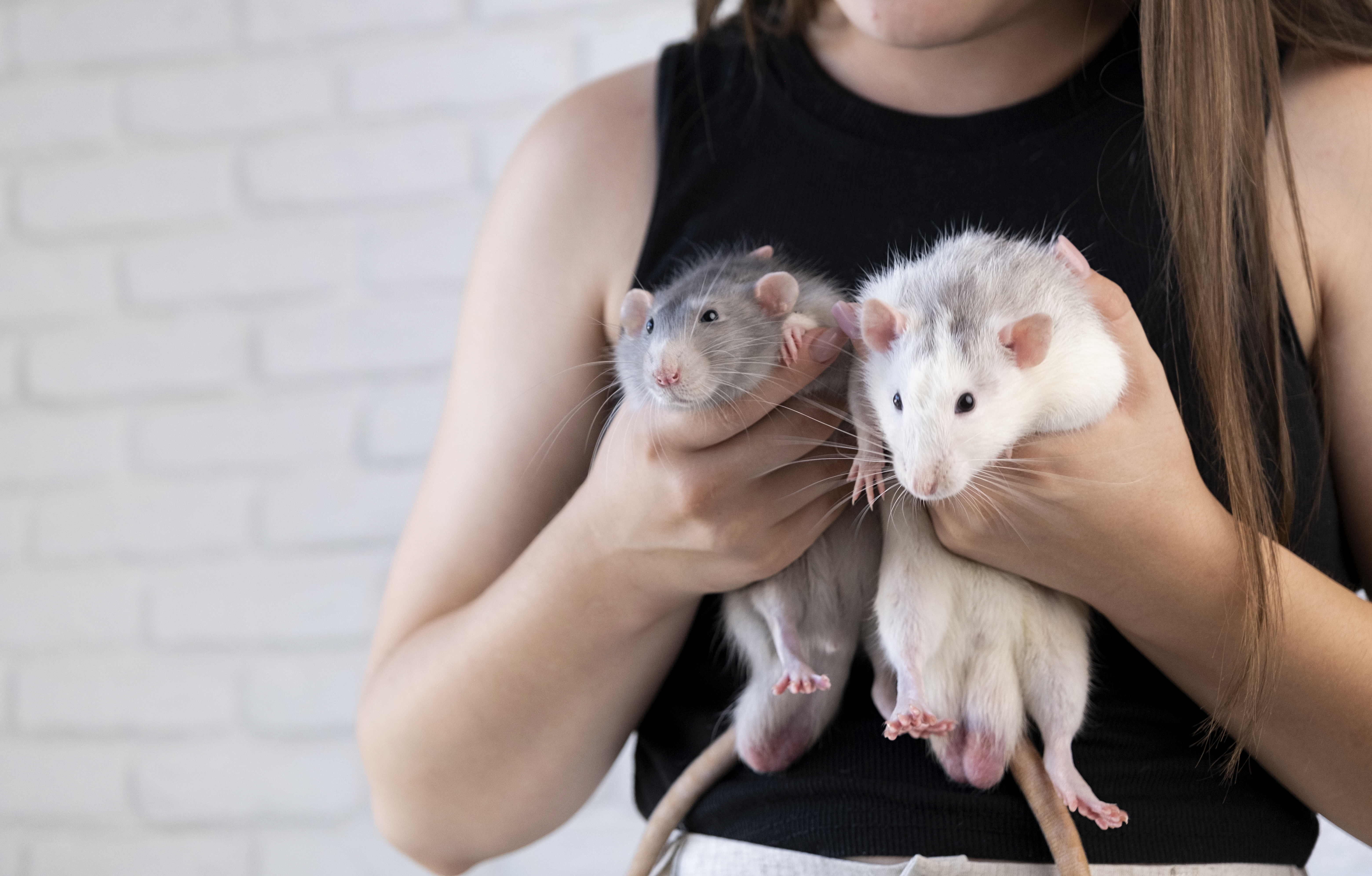Most Common Health Conditions In Cats
As a pet owner, you want nothing more than to give your cat the best life possible. This means recognizing common health problems that can affect your feline friend. Why is this important? Because cats are adept at masking their pain. They can seem normal and even happy but be nursing an ailment. The faster you realize there's a problem, the faster you can get help and return your cat to their typical lovable, frisky self. If your cat has a serious issue, an early diagnosis could save their life. If you suspect your cat is under the weather, have a veterinarian check them out.
With this in mind, here are the details on some of the most common health conditions seen in cats.
Fleas
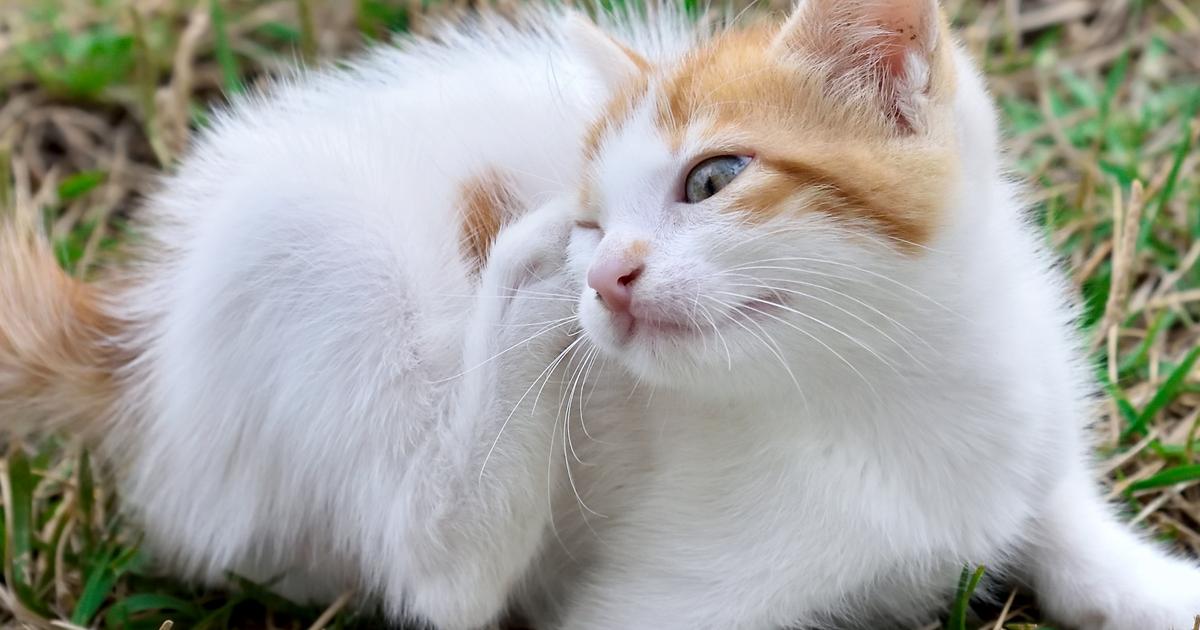
These tiny parasites can do more than just make your cat uncomfortable. They also carry diseases and cause infections. Once they find their way to your pet, they begin feeding on their blood. In kittens, this sometimes causes anemia, which is dangerous. They lay hundreds of eggs during their life cycle, which is why once an infestation starts, it can quickly get out of control. Prescription and over-the-counter treatments will get rid of the infestation on your pet. You must also treat your environment to eliminate the parasites. They thrive in warm, cluttered, and moist environments. Keep your pet's living area clean. Vacuum frequently and change the bag, or clean the canister, after each use.
Uncover details on another common health condition seen in cats now.
Tapeworms
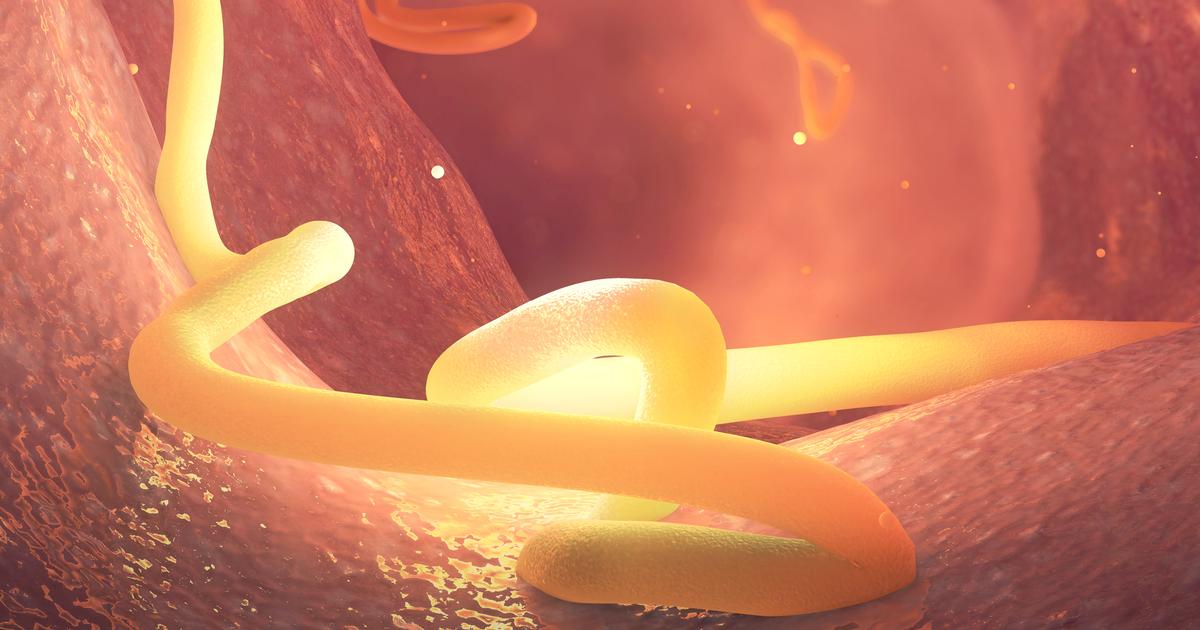
Does your cat have fleas? If so, there's a good chance they also have tapeworms. Cats contract these parasites by eating infested eggs while grooming themselves. Once inside the body, tapeworms hook themselves into the small intestine. As segments of the worm mature, they break off and pass through the gastrointestinal tract. You might spot them around your cat's tail or in their stool. They look like pieces of rice. Many medications are available to rid your cat of parasites, but they'll keep coming back until you also get rid of the fleas.
Continue reading to learn more about common health conditions that affect cats now.
Diabetes
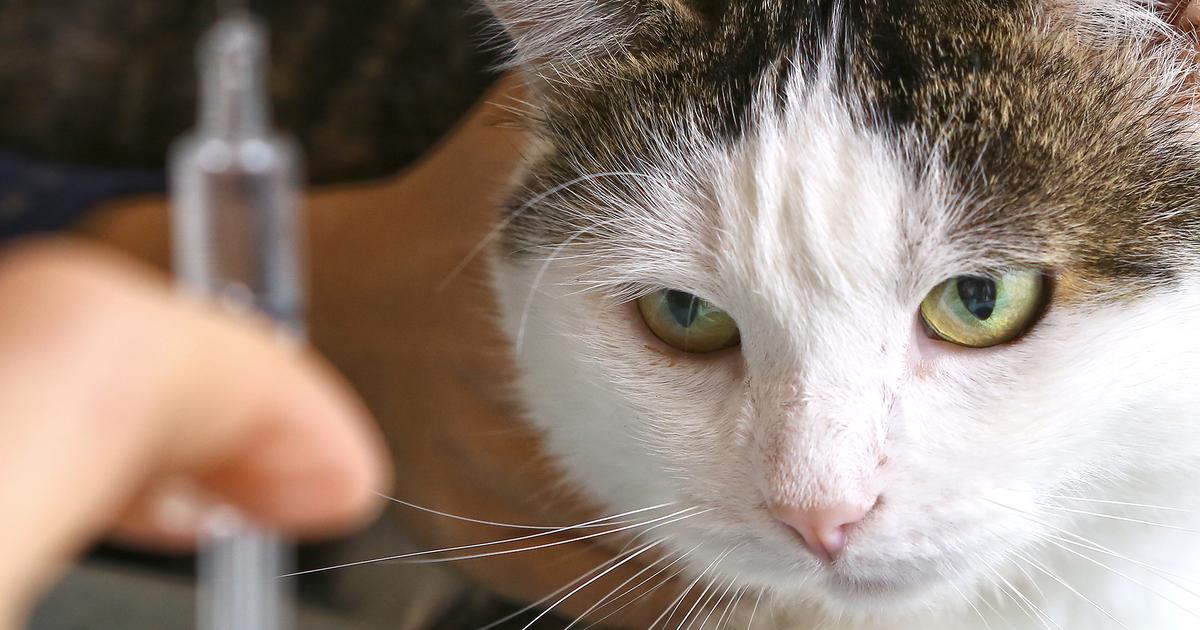
Feline diabetes is a serious disease that affects an estimated 0.5 to two percent of all cats. With type I, cats don't produce enough insulin to regulate their blood sugar levels. In type II, the most common, cats' bodies don't process or respond correctly to insulin, which causes high glucose levels in their blood. The result is weight loss, unusual thirst, and frequent urination. Overweight pets are at a higher risk of getting sick. To treat this disease, you need to change your cat's diet, and you might also need to administer insulin injections. A veterinarian can diagnose your cat by conducting an examination, by considering the symptoms, and by taking blood tests.
Discover additional health conditions that affect cats now.
Obesity
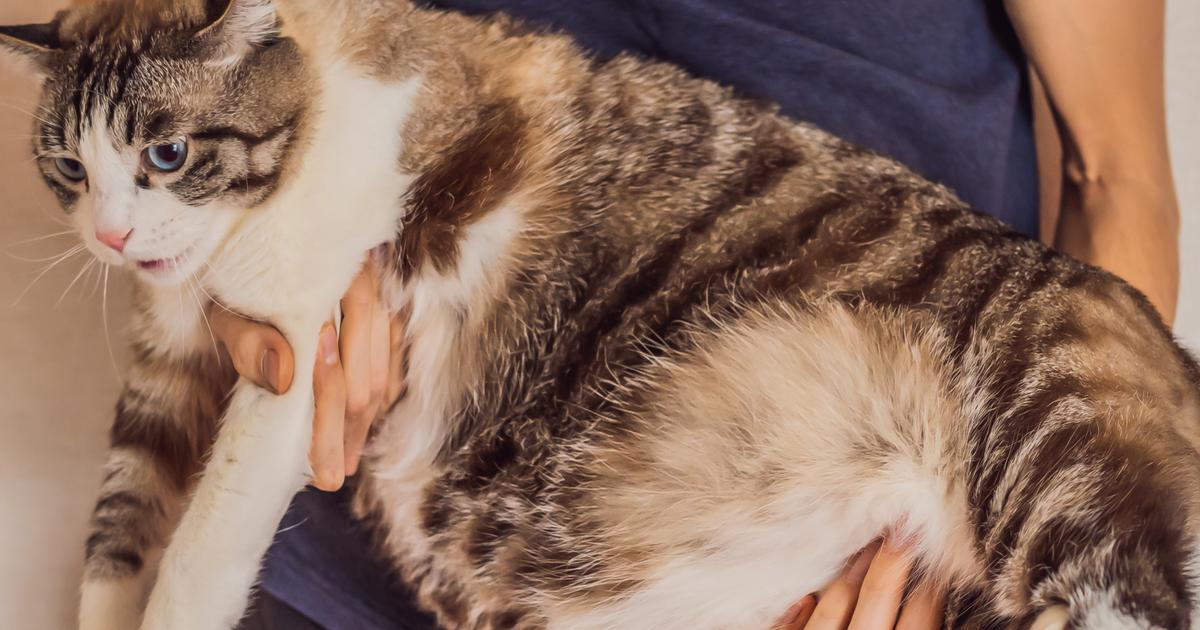
Veterinarians define feline obesity as being twenty percent or more overweight. It's a common but serious disorder with far-reaching consequences. On average, overweight cats have shorter lives and more health problems. For example, weighing too much increases a cat's risk of developing cancer, diabetes, and heart disease. They may have joint problems or frequent urinary tract issues. Treatment typically involves restricting your cat's food intake and increasing the amount of exercise they get. It's important to do this under the guidance and supervision of a veterinarian, as cats losing weight too quickly can cause hepatic lipidosis, a liver condition that is often fatal.
Reveal more common health conditions seen in cats now.
Feline Lower Urinary Tract Disease
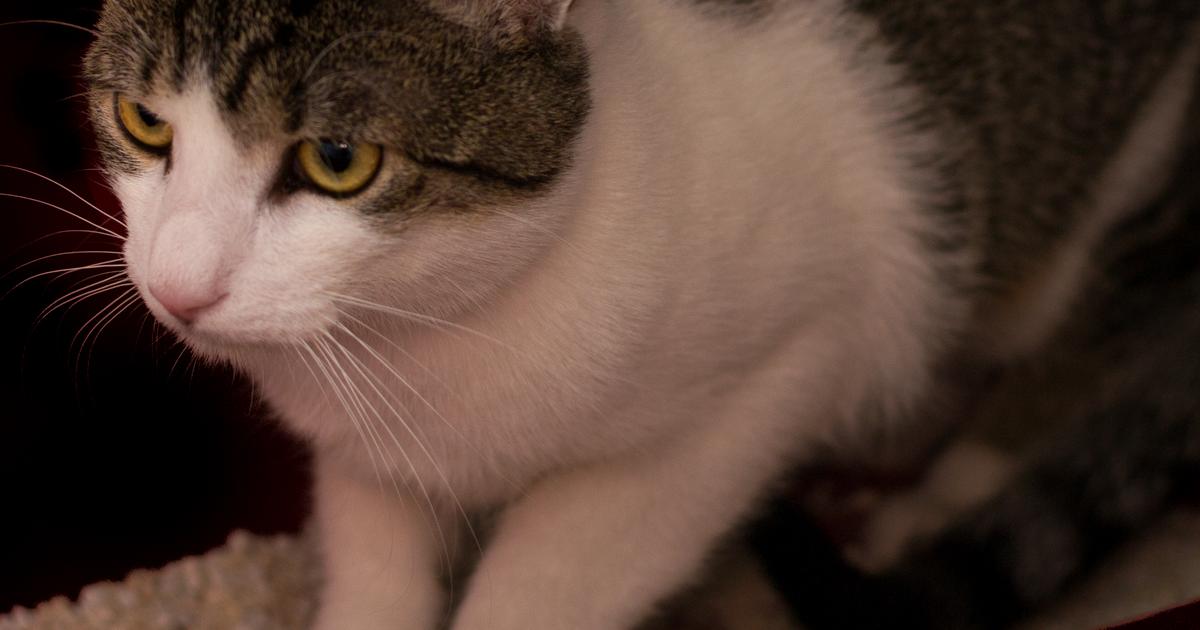
Feline lower urinary tract disease is a common diagnosis encompassing a few disorders that affect the bladder and urethra, such as bladder stones, bladder infections, and obstruction of the urethra. If your cat has problems with their urinary tract, they might meow or cry while using the litter box. Frequent urination is another sign. Sick cats often relieve themselves outside the litter box when suffering from feline lower urinary tract disease. Stress and living in a home with multiple animals increases the risk of developing urinary tract problems. Treatment typically involves antibiotics or fluid therapy. In the case of blockages, cats need immediate treatment since it can result in their death.


